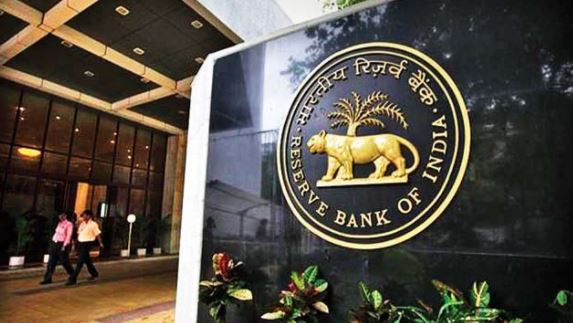RBI announced the launch of ‘offline’ transactions in the Central Bank Digital Currency (CBDC) pilot project. This means that users of digital rupee will be able to transact even in areas with limited internet connection.
The Reserve Bank of India (RBI) on Thursday announced the launch of ‘offline’ transactions in the Central Bank Digital Currency (CBDC) pilot project. This means that users of digital rupee will be able to transact even in areas with limited internet connection. Reserve Bank of India Governor Shaktikanta Das, while announcing the bi-monthly monetary policy on Thursday, said that program-based additional use will be included in it as a pilot project. RBI had launched the retail CBDC pilot in December 2022. It had achieved the target of 10 lakh transactions in a day in December 2023.
Offline facility for payment on CBDC
Other payment platforms, especially the hugely popular Unified Payment Interface (UPI), already offer the offline feature. “It is proposed to introduce an offline facility in CBDC-Retail to enable transactions in areas with poor or limited internet connectivity,” Das said. Several ‘offline’ solutions will be tested in urban locations.
Das said that currently it enables person-to-person (P2P) and person-to-merchant (P2M) transactions using digital rupee wallets provided by banks. He said that now work will be done to enable it offline on a program basis. He said that through program based capability, users like government agencies will be able to ensure payment for certain benefits. Das said that companies will also be able to incur program based expenses like business travel for their employees. Additional features such as validity period or geographical area within which the CDBC can be used can also be ‘programmed’, he said.
New framework planned for authentication of digital transactions
RBI has decided to bring in a new framework for authentication of digital payment transactions and formulate additional norms to enhance the security of Aadhaar Enabled Payment System (AEPS). The Reserve Bank has prioritized the security of digital payments over the years, particularly the requirement for additional factor of authentication (AFA). But no specific AFA has been prescribed. The payments ecosystem has largely adopted SMS-based one time passwords (OTPs). With innovations in technology, alternative authentication mechanisms have emerged in recent years.
RBI said, “To facilitate the use of such mechanisms for digital security, it is proposed to adopt a principles-based ‘Framework for Authentication of Digital Payment Transactions’. Instructions in this regard will be issued separately.”
To enhance the security of AEPS transactions, it is proposed to streamline the onboarding process including mandatory due diligence for AEPS touchpoint operators to be followed by banks. Additional fraud risk management requirements will also be considered. RBI said that instructions in this regard will be issued soon. The Aadhaar enabled payment system, operated by NPCI, enables customers to conduct digital payment transactions in an assisted mode.


